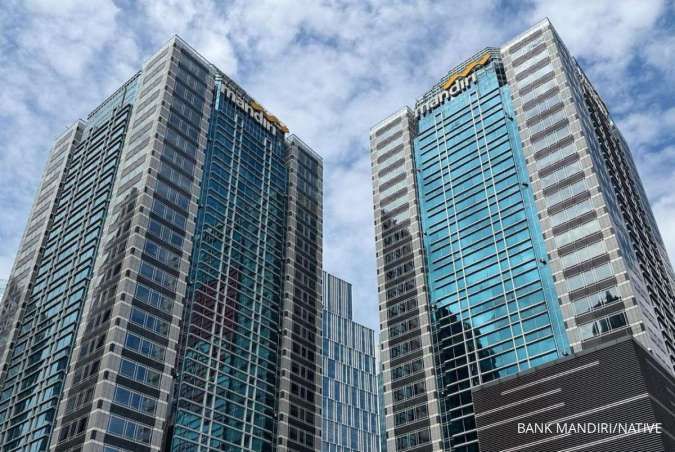Petrochemical producer PT Chandra Asri Petrochemical (CAP) is conducting a year-long preliminary study to develop a mini-refinery in 2018, which is expected to ease the firm’s reliance on naphtha imports. According to Suhat Miyarso, the firm’s vice president for corporate relations, the project will require investment amounting to US$740 million. “We are going to build a mini-refinery for naphtha production in 2018, with preliminary studies starting this year,” Suhat told reporters on the sidelines of a seminar in Jakarta, on Thursday. Suhat said that the refinery would be built on 80 hectares of land near its existing facilities in Cilegon, Banten. It would also have a production capacity of 100,000 barrels of condensate per day, equivalent to the creation of 2.5 million tons of naphtha per year.
He added that from this amount, the firm would utilize around 1.3 million tons of light naphtha as feedstock for its olefin production, in an effort to reduce its annual inbound shipment of raw materials. According to Suhat, who is also vice president of the Indonesian Olefin, Aromatics and Plastics Industry Association (Inaplas), CAP imports all 1.7 million tons of the naphtha it consumes every year, acquiring it from several Middle Eastern countries and Singapore. To finance the study, the firm will use part of this year’s $250 million funds allocated for capital expenditure (capex), according to the corporate executive. The capex will also be used to conclude the company’s $380 million naphtha cracker expansion project, which will increase the facility’s existing ethylene production capacity by 43 percent, from 600,000 kilotons of ethylene to 860,000 kilotons. The expansion is necessary to support the production of ethylene, propylene, pyrolysis gasoline and crude C4 — all use ethylene as their raw material. On top of that, CAP will use its funds to finish construction of a synthetic rubber plant that is being built in cooperation with French tire maker Compagnie Financière du Groupe Michelin. The plant will have an annual total production capacity of 100,000 tons of butadiene, which is used to make materials in tire production, such as styrene butadiene rubber (SBR), acrylonitrile butadiene system (ABS) and styrene butadiene latex (SBL).
The upgraded naphtha cracker project is set to launch in January 2016, while the butadiene plant is also expected to commence production some time next year. In a related development, Suhat said that the company was planning to temporarily shut down its production this year for three months of maintenance — from September to November — to connect CAP’s new machinery to existing infrastructure. “We’ll only produce ethylene and propylene for nine months this year, but our downstream production will only experience a one to two week interruption,” Suhat said. According to him, production for butadiene, polyethylene, polypropylene, styrene monomer and toluene will continue almost uninterupted. CAP made $13.18 million in net profit in the first nine months of 2014, a significant improvement compared to the $6.98 million net loss made in the same period a year earlier. The company’s net sales increased by about 7 percent from $1.81 billion during the January to September period last year to $1.94 million in the same period this year. (Tama Salim)

